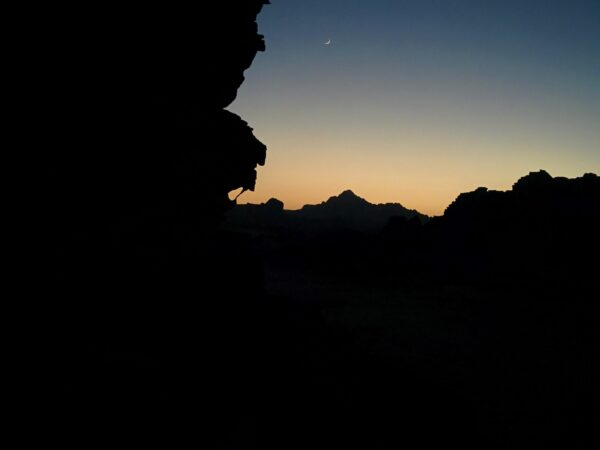
Against that paradigm of crisis–critique–historical consciousness, in which phenomena need to be given a proper categorical frame of reference to achieve the fullness of their historical meaning, this essay turns to the theological figure of “tribulation” in order to animate another tradition of thinking the difficulty of the present.
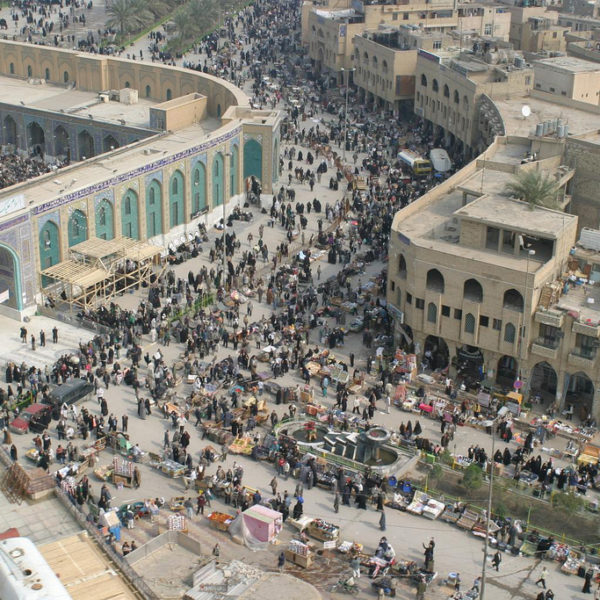
. . . What makes the ideology of ISIS appealing to its members and young recruits, especially those who travel from Europe and desperately want to join the fight, is actually the global message that this group tries to address to its Muslim audience. It has declared its determination to go beyond the parochial nationalist discourse and to establish a sovereign Islamic caliphate that aspires to global jihad.
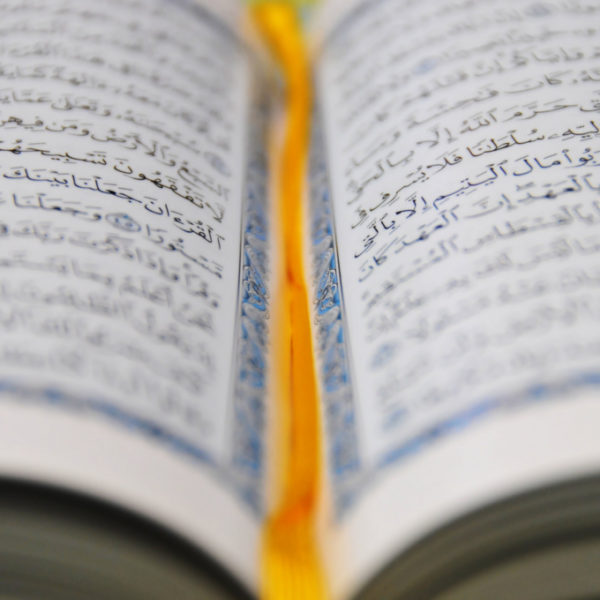
Let’s be clear. There is no academic field called “Islamic Political Theology”. So naturally there are hardly any books on Islamic Political Theology. Political Theology is largely a field of study within Christian Theology. This field, as I understand it, examines the relationship between the way we describe God and the way we describe the political. In the history of the Church there has been a strange correspondence between the two. A number of shared concepts, narratives, myths and symbols sustain each.
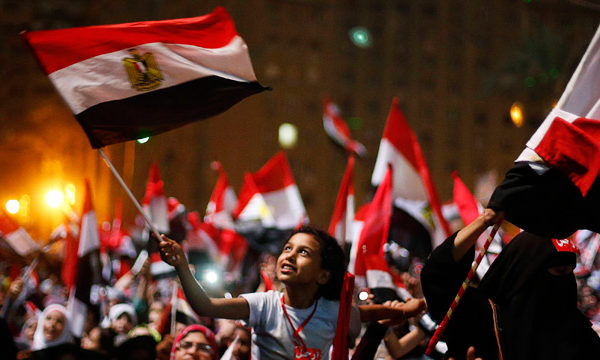
Can a people, after having duly consented to the formation of its government, remove that government using procedures not authorized by law? To put the question differently: can the formal legitimacy that a people provides a government preclude that people from exercising its sovereign power to strip those holding formal legitimacy of power, even though those in power have not violated the express terms of their compact with the people? These are the paradoxical questions that are at the heart of the political crisis in Egypt where duly elected president, exercising powers pursuant to a duly enacted constitution, was overthrown by the “people” who acted outside the formal rules “the people” had enacted for removing or otherwise disciplining its president.

I join this conversation as a student of comparative politics, writing a project that explores how islamiyun, often dubbed Islamists, imagine and enact democracy. Specifically, I use insights derived from ordinary language philosophy to apprehend insights from interviews and focus groups with over 100 interlocutors, gleaned in nearly two years of fieldwork in Morocco (2009-2011), to understand what democracy means to Moroccan islamiyun. I find that there are two broad usages of dimuqratiyyah [democracy] in the language and practices of Moroccan islamiyun.
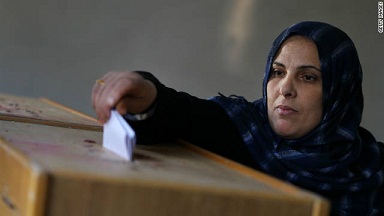
I want to argue here that the term “political Islam” is in many ways a misnomer, because the Islamism that is meant to instantiate it has been unable to appropriate politics as a way of dealing with antagonism either institutionally or even in the realm of thought. Looking in particular at the form Islamism took with one of its founding figures, the twentieth century writer, and founder of the Jamaat-e Islami in both India and Pakistan, Sayyid Abul a’la Maududi.

I join this conversation as a political theorist having just published a book, Beyond Church and State: Democracy, Secularism, and Conversion (Cambridge 2013), in which I argue that the modern secular imaginary is premised upon an insufficient image of secularism as the separation of church and state, and that secularism should instead be understood as a process of conversion that reshapes key dimensions of both religious and political life

In what follows, my aim is to argue – the stronger version of the thesis of postsecularity, concomitant to any discussion of political theology[ii] – that there is no strict separation between religion/theology/church/mosque and politics/secular/state/nation by way of deliberating on the possibility of an immanent Islamic critique. This thesis of postsecularity does not assert that we have varying amounts of religion mixed in with different amounts of politics,[iii] for that still conceives religion and politics as two separate concepts. Rather, it asserts that the categories of “religion” and “politics,” supposedly marking two distinct and oppositionally defined concepts, are incoherent to begin with, and should be dispensed[iv] with altogether.[v]

The revival of interest in political theology at the turn of the millennium began with Islam, then moved to Christianity. In the wake of September 11, 2001, it became clear that not all religion was fading away, nor was all religion confined to the private sphere. The evidence: radical Islam. But the obvious risk of Islamophobia that accompanied a focus on Islam as anomalously growing and anomalously public prompted some scholars to explore how Christianity itself was neither fading away nor thoroughly privatized. Instead of focusing on Islam as anomaly, political theology provided a framework for complicating the West’s story of itself, for probing the complex and continuing relations between religious and political ideas.

In the coming weeks, the Political Theology blog will be hosting a symposium on Political Theology and Islamic Studies, bringing together reflections from a number of leading scholars at the intersection of these fields. The editors are very grateful to our Contributing Editor, M. Owais Khan, and to Abbas Barzeger, for their long labors in putting together and editing this symposium. This first post introduces the questions to be discussed and the contributors who will be participating.